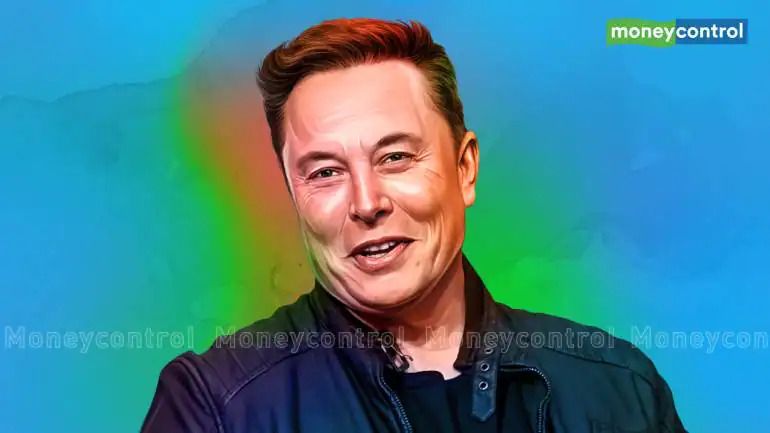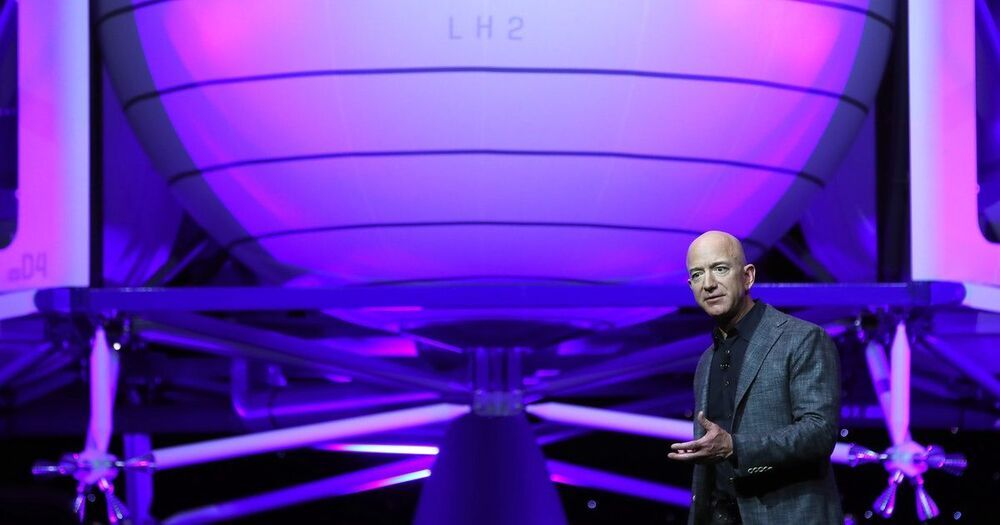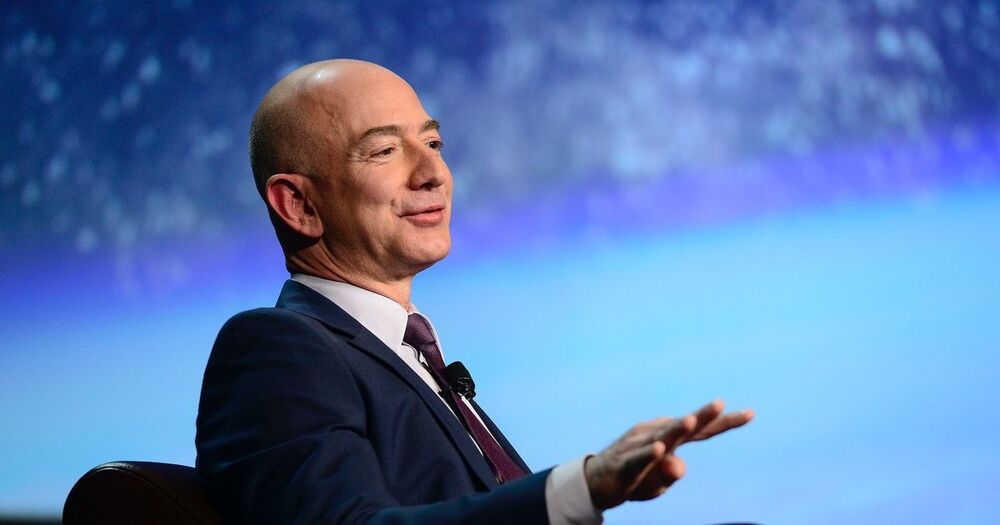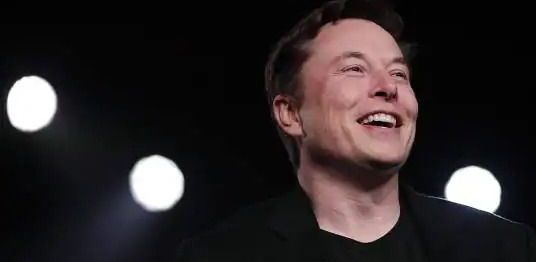✅ Instagram: https://www.instagram.com/pro_robots.
You are on the Pro Robot channel and today we are going to talk about the soldiers of the future. Exoskeletons, ballistic helmets, military suits, chips and more are already being introduced into the armaments of different countries. In this issue we will find out what the super-soldier of the future will be like and what developments are being conducted in the military industry. Watch the video to the end and write your opinion in the comments: will robots replace humans in military service?
0:00 In this video.
0:30 Combat glasses.
2:26 Devtac Ronin Kevlar ballistic helmet.
3:00 STILE smart fabric.
3:42 Stealth Cloak.
4:10 Future Soldier System Full Suit.
5:15 Sotnik Suit.
5:55 Exoskeleton Military.
6:32 PowerWalk current generator exoskeletons.
7:00 Human Universal Load Carrier exoskeleton with hydraulic drive.
7:24 A Flying Suit for Military.
7:48 Jetpack.
8:09 Invasive chips and genetic engineering.
9:02 Man-Made Lightning.
More interesting and useful content:
✅ Elon Musk Innovation https://www.youtube.com/playlist?list=PLcyYMmVvkTuQ-8LO6CwGWbSCpWI2jJqCQ
✅Future Technologies Reviews https://www.youtube.com/playlist?list=PLcyYMmVvkTuTgL98RdT8-z-9a2CGeoBQF
✅ Technology news.
#prorobots #technology #roboticsnews.





